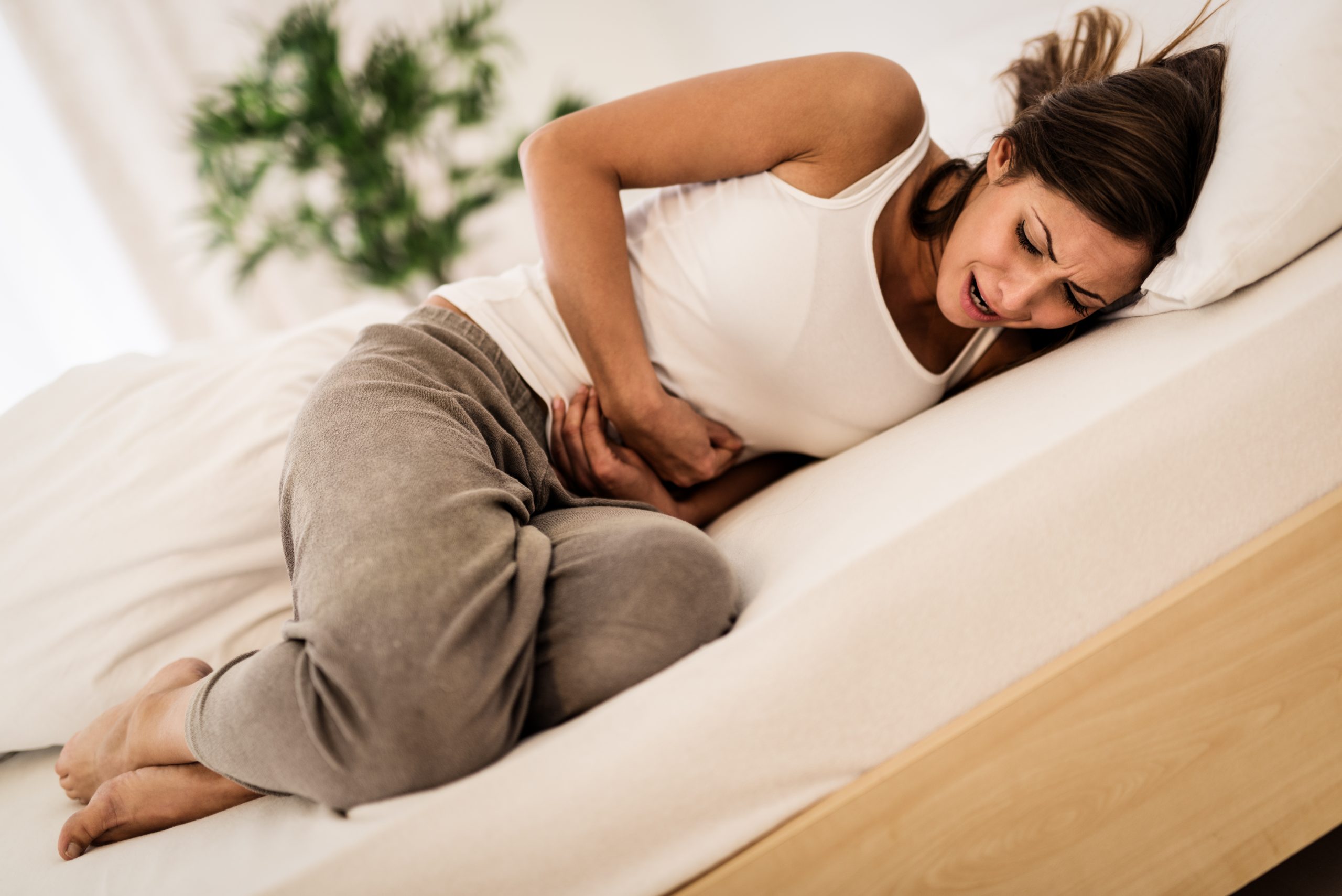Endometriosis is a condition that is hallmarked by the pain and unpredictability it causes women, with many suffering from debilitating symptoms on a daily basis. In fact, recent research released by the Australian Institute of Health and Welfare reveals that one in seven Aussie women aged 44 – 49 now have endometriosis which is a significant jump from 2019’s one in nine.
This is equivalent to 14% of women aged 44 – 49 across Australia suffering. As more awareness is raised around endometriosis, and the conversations grow, so has the statistics as more women recognise the signs and get diagnosed.
There are a plethora of factors affecting how women are impacted by endometriosis, and unfortunately, it’s not a one-size-fits-all when it comes to mitigating symptoms. Nutrition, diet and food can however play a key role in managing the day-to-day symptoms that countless Australian women battle against.
The battle against Endometriosis for Australian women
The textbook definition of endometriosis states it as a progressive, chronic condition where tissue similar to the lining of the uterus grows in other parts of the body. It can cause inflammation and scarring, as painful adhesions join together the pelvic organs that are normally separate.[1]
Even though one in seven women now battle endometriosis, the cause is unfortunately still not well understood. A myriad of factors can contribute to it from family history, to early-age periods to menstrual cycle specifics and even immune system problems.[2] Endometriosis does not discriminate, and it impacts countless women across the country – often leaving women suffering in silence.
Understanding the pain
Endometriosis has both day-to-day and long-term effects on women, that can at times require surgical and medical intervention. On a more frequent basis, women can experience extreme pain, heavy menstrual bleeding, bleeding between periods, abdominal bloating and fatigue. The long-term effects can also look like anxiety, depression and reduced fertility. Both the frequent and long-term effects can be debilitating and impact all aspects of a woman’s life beyond their own health; it can affect relationships, career opportunities and family life.1
The influence of diet
The type of fuel we put into our body can influence, enhance and alleviate – different foods play different roles in the body and discovering what works for an individual can truly change one’s life, and as a Consultant and Nutritionist with The 1:1 Diet, the individualised and compassionate care is emphasised.
When it comes to endometriosis, one aspect which is prevalent among most women with the condition is inflammation. Inflammation is what’s often causing the pain and discomfort, and although there’s no singular solution, there are a number of foods that can ease the inflammation and pain to hopefully make the day-to-day easier!
The power of Omega 3 Fats
Omega 3 Fats are known to be high in antioxidants which are anti-inflammatory and can help soothe the body! This nutrient can be found anywhere from in fish, fish oil, flax oil, hemp seeds, walnuts, omega-3-fed eggs and more. No matter your specific diet, whether it is omnivorous, vegetarian or vegan – incorporating more Omega 3 Fats can have a positive impact on symptoms for endometriosis sufferers.
Fill up on fresh food
Furthermore, a classic recommendation that many nutritionists and even doctors advise, is to make sure there are plenty of leafy greens on the plate! Fresh, leafy greens as well as fresh fruit and vegetables can also ease inflammation, while having a plethora of other benefits for the body.
High-fibre for happy digestion
Another nutrient that can support endometriosis sufferers is fibre. A high-fibre diet is commonly known to keep the digestive system and bowels moving smoothly which can reduce some symptoms such as inflammation and bloating, as well as any internal digestive difficulties. High-fibre foods include nuts, seeds, legumes and even fruits with seeds such as blueberries!
Finding your solution
Every woman is battling something different when it comes to endometriosis and it’s all about finding what works for you. Looking forward, endometriosis remains a condition that needs further light shed on it as its awareness, and subsequent prevalence grows. While there is no one-size-fits-all solution, diet is a simple way to proactively mitigate some endometriosis symptoms and it is an avenue that can be tailored day-to-day to suit the individual’s needs and taste.
Disclaimer: Please ensure to consult with your doctor as needed as every case is different.
[1] https://www.who.int/news-room/fact-sheets/detail/endometriosis
[2] https://www.aihw.gov.au/reports/chronic-disease/endometriosis-in-australia/contents/summary
About the Writer
Kelly Richardson is an experienced Nutritionist with an extensive background in diet and nutrition. She studied for her bachelor’s degree in nutrition at Kings College University and her Masters in Sport and Exercise Nutrition at Oxford Brookes University. She moved to Australia and started with Fresh Start Health and Fitness Centres as a full time Nutritionist. Since then, her role has developed into weight loss coaching as this is where her true passion lies; helping people to become improved, healthier versions of themselves.
She is extremely passionate about health, nutrition and fitness and is happy to say that she lives and breathes this every single day.
She is here to provide dieters with support, encouragement, motivation and most importantly education through their weight loss journey.
She chose to become a 1:1 Diet Consultant after thoroughly researching the products and the plan. She is motivated by results as she has seen some amazing weight loss achievements from her clients. She also provides weekly support and motivation to help her clients stay on track.








